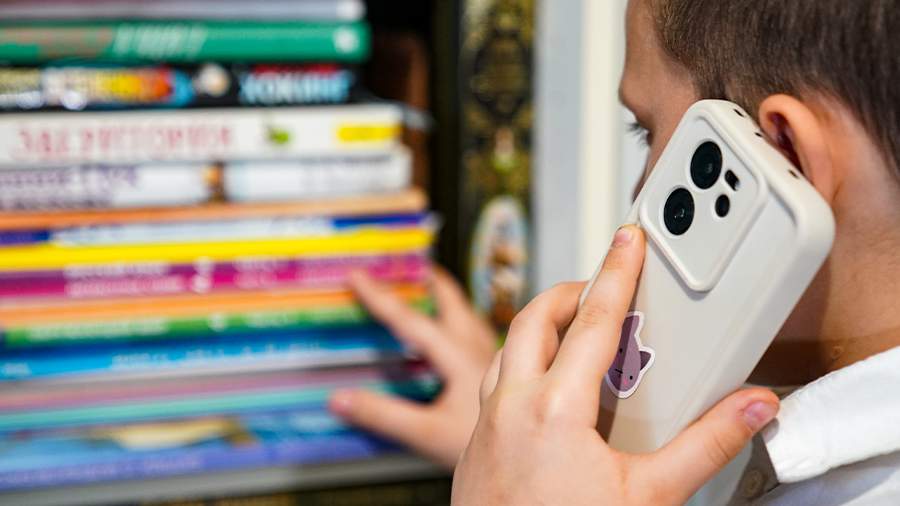The main fears of parents about gadgets in children are named

The majority of parents surveyed (65%) limit their children's screen time. This is stated in the results of the Kaspersky Lab study, which were reviewed by Izvestia on March 25. The Russians explained why they set rules for the duration of gadget use.
So, 67% explain this by the desire for children to relax without gadgets: for example, they read paper books and played regular, non-online games. At the same time, 60% are worried about their eyesight, 55% are afraid that digital addiction will arise, and 30% are worried about security. One in five (22%) believes that their child does not communicate much in the real world.
"Limiting time with gadgets is a process that requires understanding, flexibility, and support. It is important that the child feels that you are on his side, even when you set the rules. In order to motivate a child to make a choice in favor of another type of activity, and not just to spend time online, it is important that he has the opportunity to choose, confidence that he can be successful in non—screen activities, and support from adults," said the expert of the Center for General and Additional Education at the Higher School of Economics Institute of Education. Elena Hovakimyan.
In turn, Maria Churganova, an ophthalmologist at the Sberbank Health medical company, clarified that modern studies do not confirm the long-term negative effects of blue light from screens on the eyes, but it can worsen falling asleep and sleep quality, especially in children.
"Among the basic recommendations aimed at preserving children's eyesight are: walking outside during the daytime for at least two hours; stop using gadgets one to two hours before going to bed; observe humidity levels of 40-60% indoors to prevent dry eyes. When practicing for a long time at a computer or any other gadget, it is useful to perform a 20-20 exercise, that is, after 20 minutes of working at the screen, give your eyes a 20-second rest, look around or out the window," the expert added.
At the same time, Andrey Sidenko, head of Kaspersky Lab's online child safety department, clarified that a poorly reasoned ban on using the gadget would only lead to the child trying in every possible way to circumvent it.
"Prohibitions should be reasonable. Technology continues to evolve, and, of course, children are interested in it. It is important to observe security measures on the Internet and not forget about the need to behave ethically in both real and digital life. If parents teach this to their children, it may help reduce their anxiety levels," he stressed.
Earlier, on March 7, it was reported that in almost half of Russian families (48%), adults use digital devices for shared leisure time with children. Such data was obtained by Kaspersky Lab during the annual survey of families across the country. Most often, parents with a child watch movies, entertainment and popular science shows, and also play video games.
Переведено сервисом «Яндекс Переводчик»
